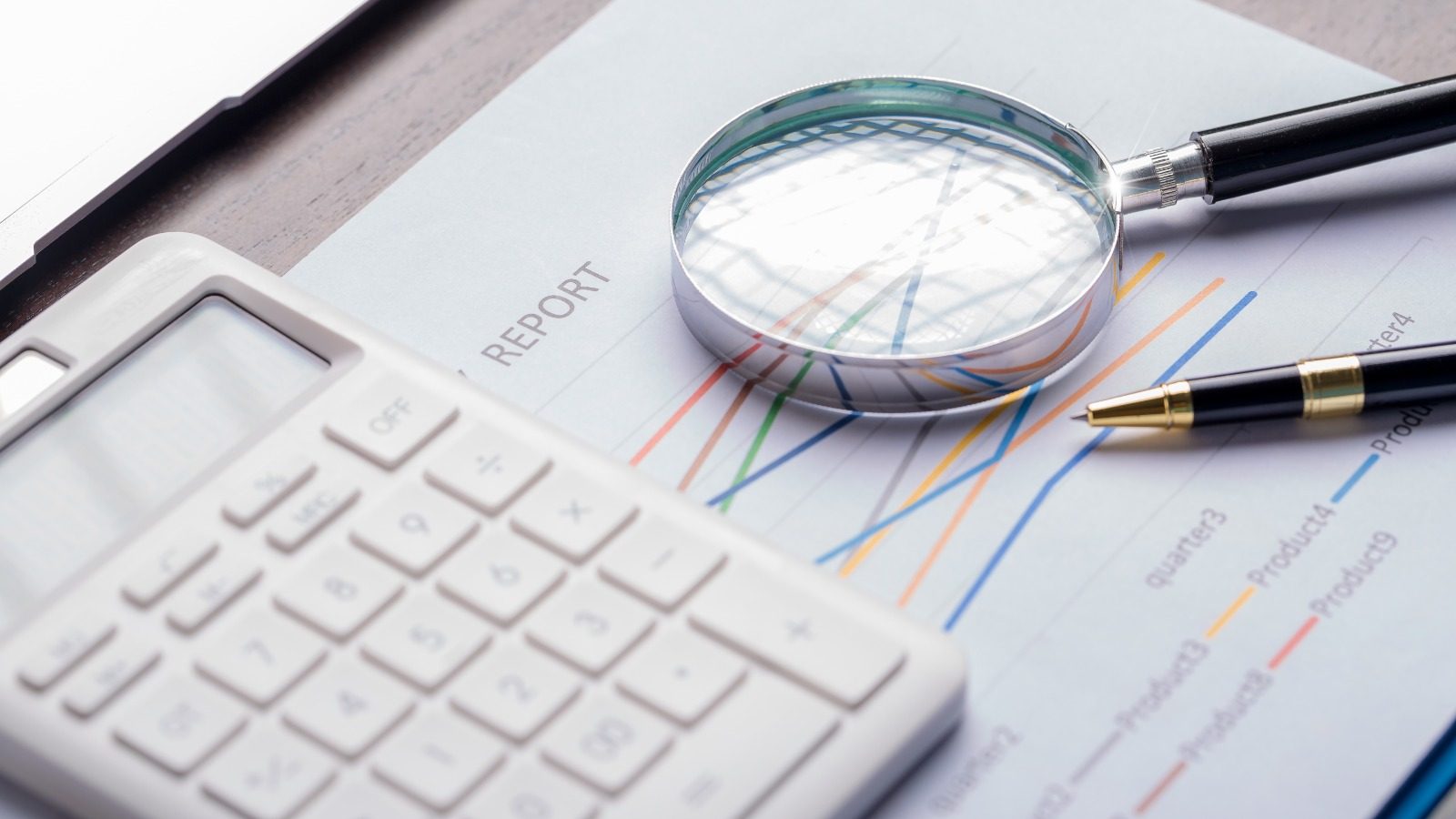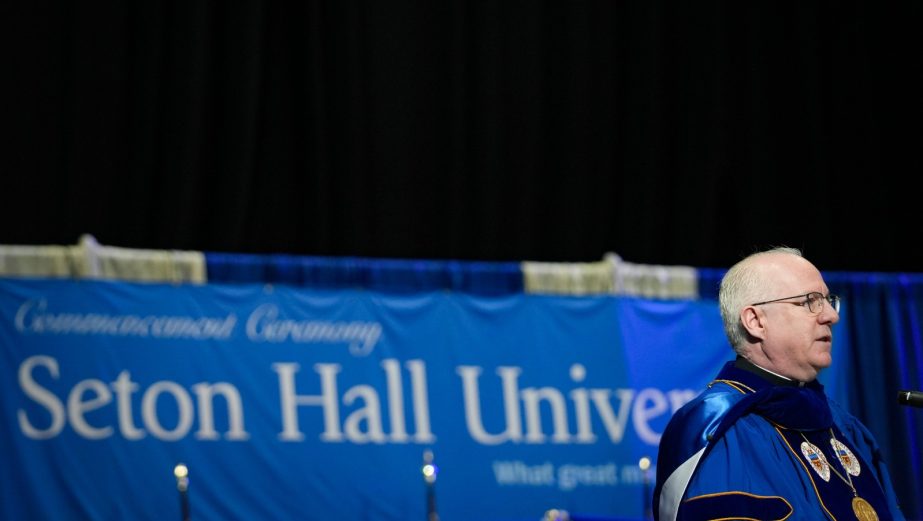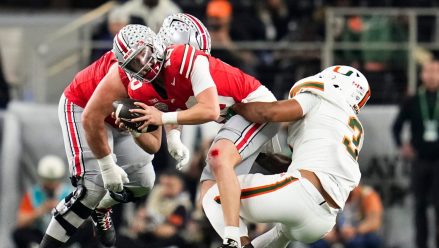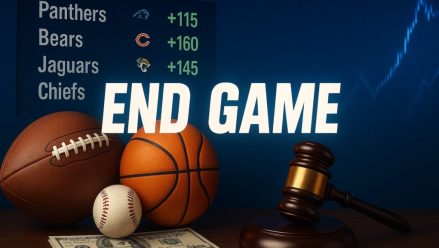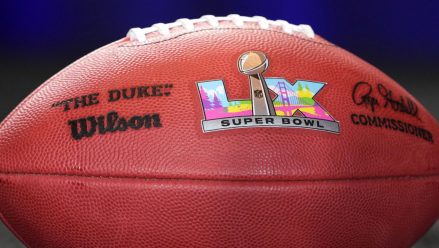Dr. Michael Mandel never intended to research the economic impact of sports betting. The chief economist and vice president of the Progressive Policy Institute (PPI) got into gambling for a simple reason: He wanted something to share with his then-94-year-old father.
“I got into it in an odd way,” Mandel told InGame. “I wanted an activity to do with my dad, who was an ex-accountant. I figured he’d be interested in sports gambling.”
What started as small March Madness bets became a weekly ritual that lasted until his father’s death.
“Each week we’d line up some bets, go over them, and we kept doing it regularly until he passed away,” Mandel said. “He’d write down the bets on a piece of paper and keep track of them, and I’d report back the results each week. He enjoyed it.”
That personal experience led Mandel to examine sports betting through his professional lens at PPI, a think tank focused on balancing innovation with regulation. The result is a new study that challenges the narrative that legalized sports betting is driving Americans into financial ruin.
Early adopter states did better
Mandel’s analysis of state-level financial data from 2019 to 2024 found results that contradict recent academic warnings about sports betting’s financial dangers. Early adopter states — those that legalized mobile sports betting in 2021 or earlier — saw a 40% drop in consumer bankruptcies between 2019 and 2024, compared to a 34% drop nationally. Looking at all states that legalized mobile betting through 2024, the average decline was still stronger, at 36%.
Credit scores followed the same pattern. Early adopter states saw their average FICO scores rise 1.8% over that stretch, exactly in line with the national average. States with mobile sports betting overall saw a 1.7% increase, just a tick below the national number.
“I didn’t know what I’d find,” Mandel said. “The nice thing is this dataset covers all the states, so we could differentiate early adopters, late adopters, and states that did not adopt sports gambling at all.”
New Jersey and West Virginia, the first two states to legalize, saw bankruptcy declines of 49% and 44% between 2019 and 2024. Alabama, which hasn’t legalized online betting, saw only a 28% drop. Out of 16 early-adopter states, 11 had bigger bankruptcy declines than the national average.
Gambling spending flat
One of the study’s more surprising findings: Even though legal sports betting exploded — from $920 million in 2019 to $13.7 billion in 2024, per the study — Americans aren’t spending a bigger slice of their wallets on gambling overall.
Gambling accounted for 1.04% of personal consumer spending in 2024, down slightly from 1.07% in 2017. “Given the inherent uncertainty of economic statistics, that’s effectively no difference,” according to the study.
The takeaway: Sports betting is largely shifting gambling dollars around, not piling new money on top. In fact, surveys from the National Council on Problem Gambling show fewer people bought lottery tickets, instant tickets, raffle tickets, or went to casinos in 2024 compared to 2018.
Pandemic distortions
The PPI study contrasts its results with two 2024 academic papers; one from Northwestern’s Scott Baker and another from UCLA’s Brett Hollenbeck that linked sports betting legalization to more bankruptcies, lower savings, and slipping credit scores.
But Mandel argues those studies covered the weirdest stretch of consumer finance in modern history — namely, the pandemic years. Savings rates shot up to nearly 25% when people were stuck at home, then crashed to 2.5% when the economy reopened. On top of that, Washington pumped $1.8 trillion into household budgets.
“You’re not seeing anything leap out, no big wave of consumer bankruptcies in early adopter states,” Mandel said. “That suggests some of the early academic studies may have been distorted by the ups and downs of the pandemic, as much as anything else.”
The betting intensity data backs that up: The share of adults betting weekly jumped from 3.7% in 2018 to 6.2% in 2021, then slid back to 5.0% in 2024.
Experiential spending
After the experience with his weekly betting partner, Mandel found the research connected to PPI’s core mission.
“I realized sports gambling fit nicely into PPI’s main set of interests about balancing regulation and innovation,” he said. “We believe regulation is very important to making a modern economy work, but you also have to make sure not to overdo it.”
The report makes the case that sports betting should be seen like other “experience” spending such as vacations, concert tickets, or even cosmetic surgery, where people sometimes borrow to cover the cost.
“The second half of the paper looks at other types of discretionary spending,” Mandel explained. “It turns out that when you ask people, they feel good about most of their spending. Debt is never a good thing, but people go into debt for vacations, beauty treatments, plastic surgery, concert tickets. Sports betting fits into that broader picture.”
Plenty of examples from the study back that up: A March 2025 Bankrate survey found 29% of Americans planned to take on debt for summer travel. An April 2025 survey sponsored by Cash App found 31% of Gen Zers used “Buy Now, Pay Later” for concert tickets. NerdWallet’s 2024 Cost of Beauty Report showed 15% of Americans put beauty purchases on a credit card they didn’t pay off right away.
“From this perspective, sports gambling does not raise unique issues compared to other discretionary experiential purchases,” the study argues.
An accountant’s approach
Mandel’s methodical approach reflects his father’s influence.
“I wanted something to intrigue his accountant brain, so we’d discuss the odds and so forth,” he said. “It gave me some insight into sports gambling. It’s very interesting.”
When it came to the research, Mandel focused on hard financial metrics, and the raw numbers simply don’t support the idea of widespread financial wreckage from sports betting. Consumer bankruptcies nationally hit near-20-year lows in early 2025 despite the surge in online gambling.
“These results do not rule out an impact of sports betting on particular subpopulations,” the study acknowledges. “But overall, online sports gambling is not producing a tidal wave of consumer bankruptcies and consumer credit downgrades large enough to be seen in the aggregate data.”
The study does note that bankruptcies rose 13.7% in 2024 compared to 2023, but the increase was virtually the same in betting states (13.6%) and non-betting states (13.9%).
Balancing concerns
Mandel is careful not to dismiss legitimate concerns about problem gambling. His betting with his father remained small-scale and controlled — though he admits to occasionally consulting an unlikely adviser.
“We’d sometimes ask my mom what she thought,” he said. “All she remembered was the team she grew up with in Brooklyn, so she was no help at all.”
More seriously, Mandel acknowledges the real risks.
“It’s important to keep track of problem gambling. I don’t begrudge the people who are concerned about the downsides. That’s very important,” he said. “But it’s also important to have data that shows what’s actually happening. We don’t see the problem in the aggregate data. Maybe it’s there, but it’s not big enough to see.”
The PPI findings land as lawmakers constantly debate whether more rules are needed around the industry.
But the big-picture numbers suggest the financial impact may be less severe than critics predicted. For Mandel, who no longer bets since his father’s death, the research represents both a personal tribute and a data-driven contribution to a heated policy debate.
“We believe regulation is very important to making a modern economy work, but you also have to make sure not to overdo it,” he said.
Whether lawmakers will find that balance within the sports betting industry remains to be seen.

